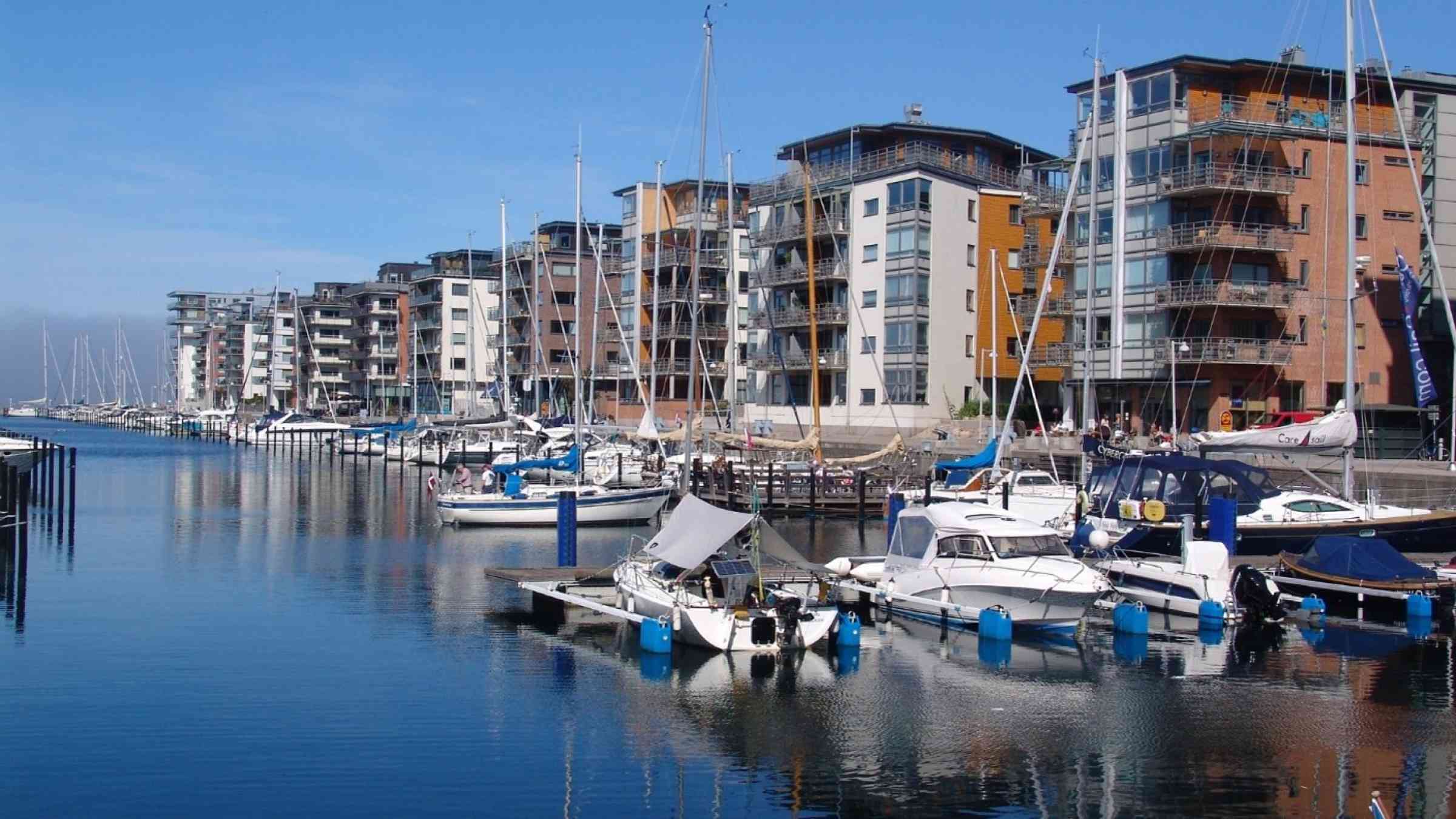City of Malmö joins ‘Making Cities Resilient 2030’ initiative to strengthen fight against climate change

The City of Malmö (Sweden) has become the newest member of the global network Making Cities Resilient 2030 (MCR2030), an initiative convened by the United Nations Office for Disaster Risk Reduction (UNDRR) and supported by ICLEI Europe to help cities build their resilience to climate and disaster risks. ICLEI is a core MCR2030 partner, currently playing the role of co-chair of the initiative’s European Regional Coordination Committee.
In addition to becoming a MCR2030 member, Malmö intends to establish itself as a Resilience Hub for the Baltic Sea Region, with a special focus on Nordic Blue-Green Solutions and climate adaptation, which will give the city a unifying role for MCR2030 members in the area. In 2021, the cities of Barcelona (Spain), Helsingborg (Sweden), Greater Manchester (UK) and Milan (Italy), were the first four European cities to become MCR2030 Resilience Hubs.
"Malmö is glad to be a part of MCR2030 and looks forward to establishing itself as a Resilience Hub, which will give the city a unifying role for resilience action in the region. We plan to make the entire city run on renewable energy by 2030 and now it’s time to strengthen our climate adaptation and resilience to meet challenges ahead and seize the opportunities", said the Mayor of Malmö, Ms Katrin Stjernfeldt Jammeh.
Well-known in Europe and beyond for its long-term strategic work linked to the environment, Malmö is placing climate adaptation at the center of urban development to address climate change impacts affecting the city since the 1990s, such as excessive rainfall. Stakeholder involvement and participative processes have been an integral part of its strategy to realise adaptation measures.
The city’s strong track record in the field of resilience goes back to the 1990s with the regeneration of Augustenborg, an area of social and economic decline that was plagued with frequent flooding. A regeneration programme conducted between 1998 and 2002 created sustainable urban drainage systems (SUDS) to prevent sewage overflow, including 6 km of water channels and ten retention ponds that have decreased rainwater runoff and increased green spaces in the district.
More recently, the city has focused on promoting dialogue with the private sector and developers for the implementation of a “cloudburst” area within its Western Harbour district, adopting a mix of private and public funding to implement green roofs, green areas and stormwater management measures. Further development of the area is still ongoing.
“We need to constantly focus on the city’s resilience. Becoming a partner in this global network will strengthen our work further”, said Simon Chrisander, Malmo’s Municipal Councilor for the Environment and Urban Development.
“Malmö is far ahead in the development when it comes to the work with the environment and sustainable urban development. The ambitions are always high and we must be at the forefront. Through the network, we can take further steps to meet future climate change, says Andreas Schönström”, Municipal Councilor for Technology and Service.
Malmö will host the ICLEI World Congress on 11-13 May 2022, when local and regional governments across the ICLEI network will showcase how they are advancing sustainable urban development worldwide. Register here to attend the Congress.

